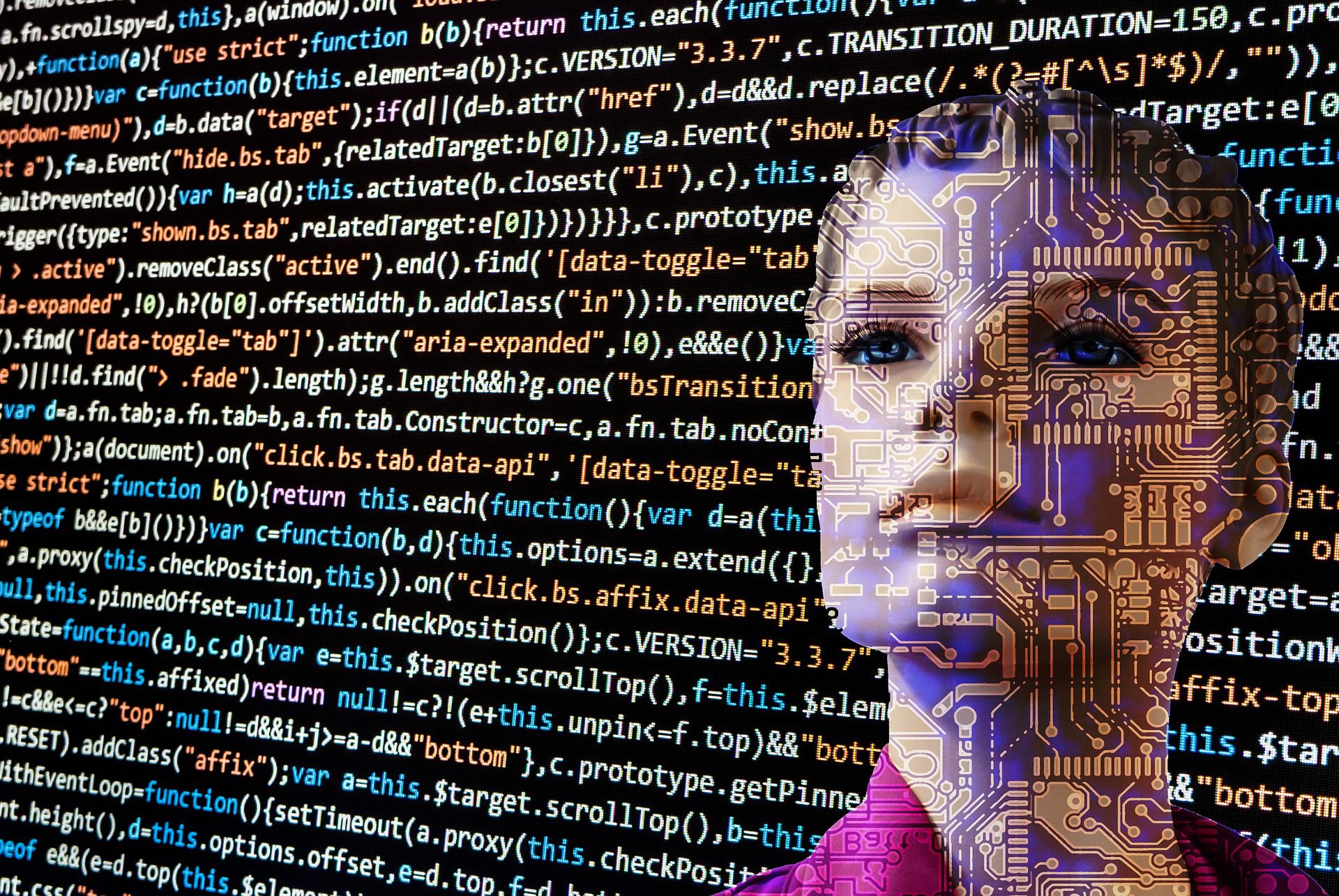In 2019, artificial intelligence (AI) will make digital advertising more targeted, thanks in part to the efforts of Google. But marketers will need to invest more time and effort to make AI pay off.
It’s clear that AI is essential to Google’s growth. In February 2018, CEO Sundar Pichai said AI is more profound than electricity or fire. A few months later, he published a statement of AI principles in which he outlined seven ways Google will use AI (and ways that Google will not). The post focused on the importance of using AI for social good. Pichai did not mention using AI for advertising, but Google is certainly applying AI to make advertising smarter.
For instance, in 2018, Google launched a number of products that use machine learning (a form of AI) to improve online advertising performance. I recently blogged about one such product, responsive search ads. As I noted, responsive search ads make it possible for advertisers to enter multiple headlines (up to 15) and descriptions (up to four) when creating a search ad. Then Google Ads applies machine learning to automatically test different combinations and learn which combinations perform best. In addition, per Google, advertisers can add a third headline and second description to your text ads, and your descriptions can have up to 90 characters.
2018 was just a warm-up for what’s to come in 2019. Businesses demand more accountability and ROI from their online ad spend, and AI does just that. I expect Google will focus more on using AI to make YouTube more effective. Google has already injected AI into YouTube with features such as maximize lift, which is a smart bidding tool that automatically adjusts bids at auction time to maximize the impact a company’s video ads have on brand perception. Maximize lift is supposed to help businesses reach people who are most likely to consider their brand after seeing a video ad.
One concern we often hear from advertisers is that YouTube is not as useful for direct-response campaigns as it is for brand building. In 2019, we’ll see the emergence of tools that do a better job targeting video ad content to people who are in shopping mode and ready to buy as Google makes YouTube more of a lower-funnel platform.
AI will make online advertising better. But AI will also require marketers to invest more time and energy to make it pay off, as I discussed in my post about responsive search ads. It’s important that businesses understand its uses and requirements. For more insight, contact True Interactive. We help businesses maximize the value of their online advertising and understand where the industry is headed.
Image source: https://pixabay.com/en/artificial-intelligence-robot-ai-ki-2167835/
